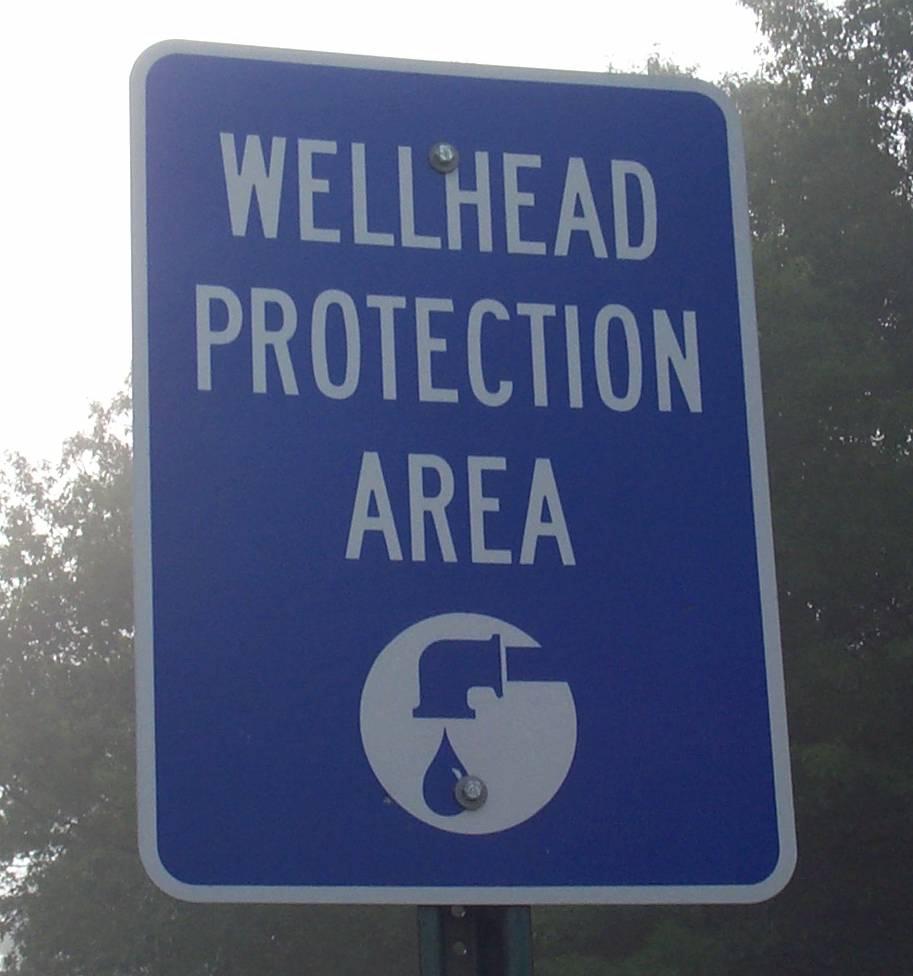Water School webinar series highlights water policy
Local decision-makers play a key role in managing and protecting the water quality of our freshwater resources.

Water policy is better thought of as an umbrella of policy tools that can be used by communities to meet their water goals. What a community considers water policy really depends on the intended use of the water, such as fishing, swimming, drinking or aesthetics. A community’s water goals can vary and so the water policy tools they choose can vary too. For example, if you are an angler, a lake with more algae may support more fish, but for communities who use surface water as their drinking water source, the less algae the better. Policy tools can be used to achieve either outcome. MSU Extension has a webinar series available on the MI Water School website where you can find out more about water policy, as well as other topics including water quantity and quality. In the water policy webinar, viewers will learn about some best practices and tips for local communities as well as a policy toolbox that can be used to work towards their own water goals.
Can water policies impact water quality, quantity, economics and planning?
The short answer is yes! Many of the issues communities face regarding water quality, quantity, and economic and planning are closely tied to how the lands next to and around the water are being used. Whether it is environmentally, economically, or health related, water policies can affect you and the community in which you live. Policies that promote good water quality ensure safe and healthy habitats, which encourages wildlife and also provides a good fishery. Property values often reflect water quality conditions and increase when the quality of the water appears good. Water quality can also affect beach access, recreational activities, or consumption of fish as these activities may be limited if the quality falls too low. Policies that lead to improved water quality for recreation can become a factor drawing new visitors and residents to an area, or conversely poor water resources can become a factor driving folks away.
What policy tools do communities have for addressing water issues?
Some polices are set at national or state levels, but as an article from MSU Extension explains, these policies often leave gaps, especially in the proactive protection of water resources. That is where local units of government, either individually or cooperatively, can act to ensure the quality, quantity, and value of water resources continue for generations to enjoy.
A community’s main tool for regulating land use is through a zoning ordinance. Implementing best practices for zoning for water quality such as adequate setbacks from coasts and shores or vegetative buffers along waterways can reduce erosion impacts and pollution from runoff. Zoning ordinances can also be written to incentivize or require development practices, such as low-impact development or preservation of open space, that advance the communities water related goals. Some communities around Michigan have adopted overlay zoning districts for areas adjacent to natural resources, like water, that include additional standards like those listed as they fulfill their role of managing and protecting the water resource.
Other policy tools can be used to advance a community’s water goals. For example, a septic system ordinance requiring a local inspection of septic systems by trained employees prior to the sale of the property is a common approach to address bacteria, virus, and nutrient pollution.

To protect groundwater supplies for drinking, communities can participate in the Michigan Wellhead Protection Program through the Michigan Department of Environment, Great Lakes, and Energy. This program helps communities identify the area that supplies groundwater to the public water supply system (the Wellhead Protection Area) and potential contamination sources. With that information, communities can then implement policies and practices to ensure the quality of the groundwater supply the well. These practices as well as others are discussed during Water School using research results and local case studies.
The Water School Water Policy webinar includes a panel discussion with experts from Safe Water Engineering, LLC, Macomb County and Tipp of the Mitt Watershed Council discussing critical questions about water policy, including:
- What policy issues can have the greatest impact on water quality?
- How can elected officials can work to ensure safe drinking water?
- Would a state sanitary code help protect water resources?
- How can residents find out if lead in water is a concern for their community?
- Can policies adopted at the local level address water infrastructure problems?
MSU Extension Water School webinar series
The Water Policy webinar is the fourth webinar in the MSU Extension Water School webinar series. The program was developed by Michigan Sea Grant and MSU Extension as a policy-neutral fact-based program. In 2020 this program was moved to an online webinar series to provide decision-makers with critical, relevant information needed to make sound water choices. View this four-part webinar series to learn more about water quantity, quality, finance, policy, planning, and economics in Michigan. Take a deeper dive into these topics to learn how you can impact Michigan’s largest resource. The webinar series is free and contains additional resources, webinar FAQs, and the Water Policy Toolbox. The toolbox is a document that provides links to information and laws about water-related programs implemented at different levels of government.
If you would like to be notified of upcoming Michigan Water School events, please fill out this short survey.



 Print
Print Email
Email

